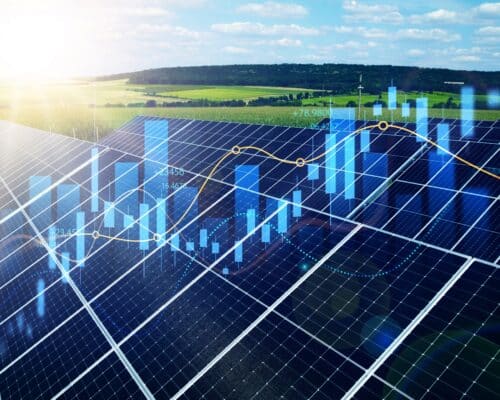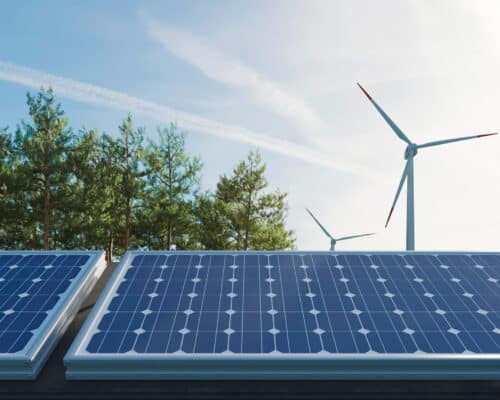Articles
New Report Reveals Global Coal Power Capacity is Shrinking
The global coal power capacity is in a decline. While some Asian countries still plan for the construction of new coal capacity, most are starting to realise that fossil fuels are a dead end.
A New Supply Chain Crunch: Renewable Energy Commodities
The next decade will see a boom in demand for renewable energy commodities. However, the world is seemingly not ready to meet it and supply chain crunches from high-impact, low-probability events like the COVID-19 might further complicate the process, delaying the global decarbonisation progress.
Liberal vs Labour – Who Has the Best Energy Policy in the 2022 Australian Election?
The energy policies of the Labour and the Liberal parties will play a crucial role in determining the outcome of the upcoming election in Australia. The importance of decarbonisation strategies and taking action has never been greater. Judging by the parties' announced plans, they are up for the challenge.

The Latest PDP8 Vietnam Draft – Focus on Renewable Energy and a Drastic CO2 Emissions Reduction
The latest draft of the Vietnam PDP8 sends the positive signal that the country is no longer looking in the direction of fossil fuels. Instead, it is further diversifying its low-carbon power sources, planning for notable clean energy growth and a massive CO2 emission reduction.

Burning Plastic: a Real Waste-to-Energy Solution or a Greenwashing Tool?
Burning plastic is touted as an efficient waste-to-energy solution that will solve the plastic problem and help us to move away from fossil fuels. But in reality, it discourages recycling, perpetuates single-use plastic production and impacts health and the environment.

Are Large Japanese Companies Living Up to their Climate Commitments in 2022?
The climate and sustainability-related pledges of Japanese companies are a reflection of the government's commitment. While on paper everything sounds ambitious, the reality is there is much work left to be done on both micro and industry levels.
Asia’s Race to Net-Zero by 2030
Achieving net-zero is the world's top priority. So far, Asia lags behind in its effort to go carbon-neutral. Renewable energy is the key.
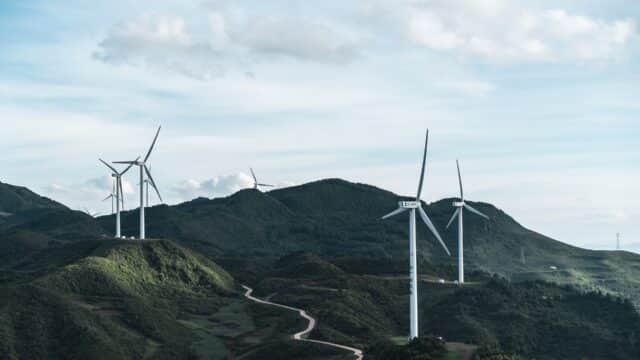
The Rise of Wind Power in Asia 2022
Asia's wind power plants produce over one-third of the world's total wind energy. By 2050 it is expected this to be significantly higher.

The Energy Mix Review in Japan – A Glimpse of the Future
The energy mix review in Japan will show the world how determined the country is to fulfil its 2050 net-zero goal and ensure a green future.
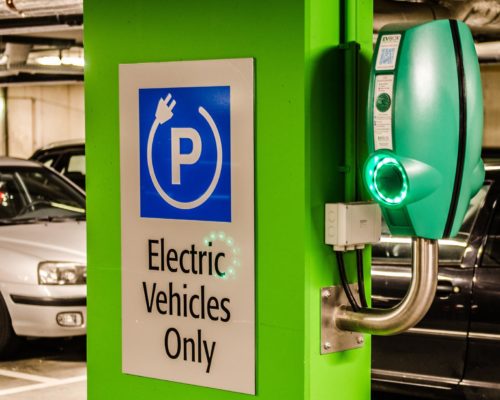
Japan’s EV Sales Boom: The Hunger for Electric Cars
Historically one of the world's leading auto manufacturers, Japan is lagging behind China and the West with EV's. The country must expand its work in the EV market, even if it comes at the expense of its hydrogen projects.

Hyundai Motor Group Affiliates Join RE100
Four of Hyundai Motor Group's major affiliates announced they are joining RE100, a global initiative of corporations pledging to reach net-zero in their operations. This is an important shift for South Korea's second-largest company and will hopefully put pressure on other industry leaders to follow suit. Now it falls on the South Korean government to promote the development of renewable energy infrastructure to support these targets.

Europe’s Energy Crisis 2022: Lessons for Asia
Asia is in the unique position to witness the pitfalls of poor energy strategy and how much it costs. If it proceeds to repeat Europe’s mistakes, then Asia has no one else to blame but itself.
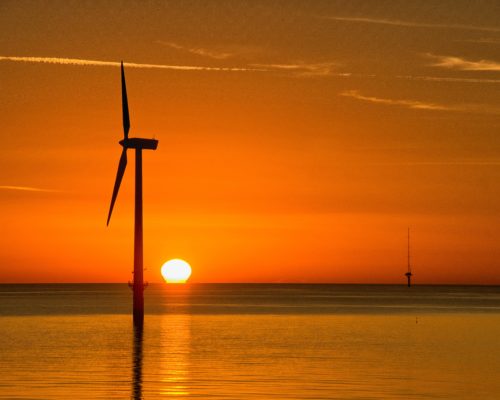
Accelerating Japan’s Energy Transition: A Possible and Much-Needed Mission
Nothing is stopping Japan from becoming a climate leader except for its own actions. If it abandons fossil fuels and embraces renewables, it could build a resilient, sustainable and self-sufficient energy system.

The Philippines’ Presidential Candidates 2022 Should Pursue Renewables and Halt LNG
Halting LNG expansion plans may be against the dominant trend in Southeast Asia, but the Philippines' presidential candidates must make the tough decisions if the country wants to mitigate its finance, energy dependence, stranded asset and climate risks.
Most Popular
Most Popular
Categories
-
10
-
34
-
126
-
4
-
17
-
46
-
52
-
11
-
15
-
10
-
24
-
6
-
5
-
1
-
6
-
281
-
200
-
17
-
24
-
1
-
1
-
23
-
41
-
44
-
87
-
18
-
86
-
41
-
17
-
11
-
43
-
54
-
86
-
299
-
22
-
44
-
36
-
10
-
42
-
36
